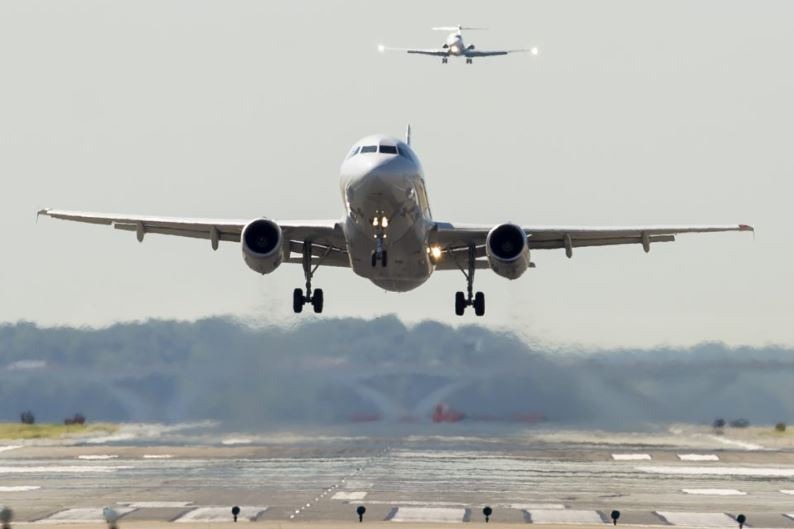The ‘flying shame’ movement that pushes young generations to stop using planes for climate reasons is distressing the airlines. "It is a major threat. The air transport sector is facing a reputation risk," said Alexandre de Juniac, General Manager of the International Air Transport Association (IATA) to NewMobility. He pointed out the fake news underlining this movement, and the necessity for a communication campaign to explain the considerable climate efforts made by airlines.
Since the beginning of 2019, a 'flying shame' (derived from the Swedish 'flygskam') movement has been growing in the north of Europe. Swedish climate activist Greta Thunberg, for example, preferred a 32-hour train journey to Davos over a flight, because of the lower carbon impact.
However, the air transport sector wants to counter these kinds of acts with information. "This movement thrives on fake news and misinformation," said de Juniac to NewMobility.
He pointed out that the argument that air travel is reserved for the rich only "used to be true, but is not any more". Another argument claims that air transport is a significant contributor to CO2 emissions, but it only accounts for 2,5% of the total worldwide emissions, he said.
In 2020, the CORSIA (Carbon Offset and Reduction Scheme for International Aviation) compensation system, a global system for offsetting CO2 emissions from aircrafts by compensating with environmental projects, will come into effect.
"Air transport is committed to neutralizing its emissions from 2020 onward, then to halve them by 2050 compared to 2005. However, with the traffic growth, that ambition is enormous," he said. Airlines will pay compensation fees to neutralize their emissions, mainly for reforestation programs.
De Juniac's goal is to inform the public about the numerous efforts made by the airlines. "Those misunderstandings lead to stupid ideas, such as the kerosene tax," he said.
Maïthé Chini
The Brussels Times

